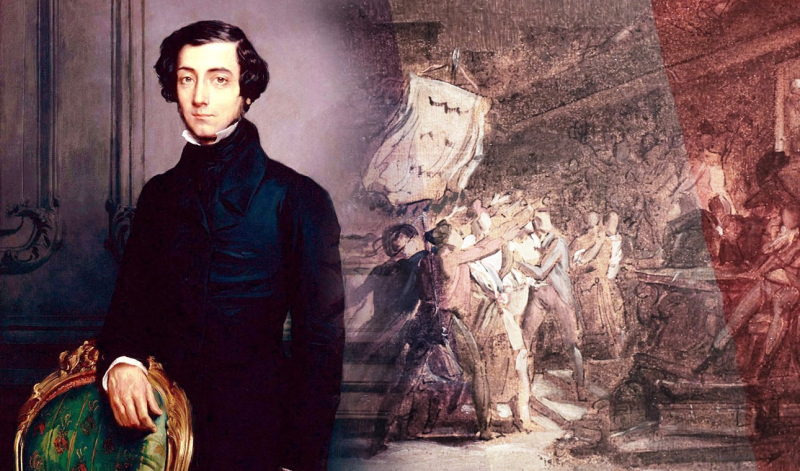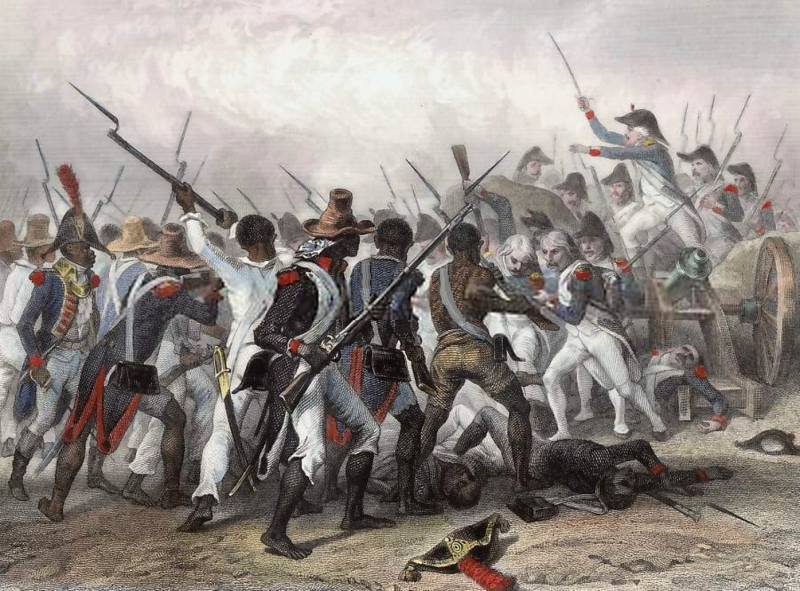Individualism
Thomas Hobbes is known for his political ideology of individualism. His vision of the world is amazingly original. His main concern in the world is how individuals can live together peacefully and without thinking of conflict. He rejected the free will of determinism, where freedom is seen as the ability to do what an individual desire. He believes that people should obey a group or a person in power rather than obey a state of nature. Individuals are in a state of nature, i.e. a state without civil authority. The way out of this desperate situation is to establish a social contract and to keep the state in peace and order. Hobbes also considers humans to be naturally vainglorious and so seek to dominate others and demand their respect. The natural condition of mankind, according to Hobbes, is a state of war in which life is solitary, poor, nasty, brutish, and short because individuals are in a war of all against all.
Individualism means man is prior to the state, it means self-interest is supreme. According to Hobbes, man is individualistic by nature and social only out of necessity. Hobbes is a scholar of possessive individualism. Shortly after America won the war with Great Britain, Thomas Jefferson wrote the Declaration of Independence. The Declaration of Independence declared that the United States had won the revolution from Great Britain and that they had gained their independence. Now they have the freedom to be their own nation. This just goes to show that these enlightenment ideals had a huge impact on America as well as the American revolution. Hobbes mainly influenced individuals to obey authority through the idea of individualism. Thereby, individualism becomes one of the enlightenment ideas that influenced the American revolution.









